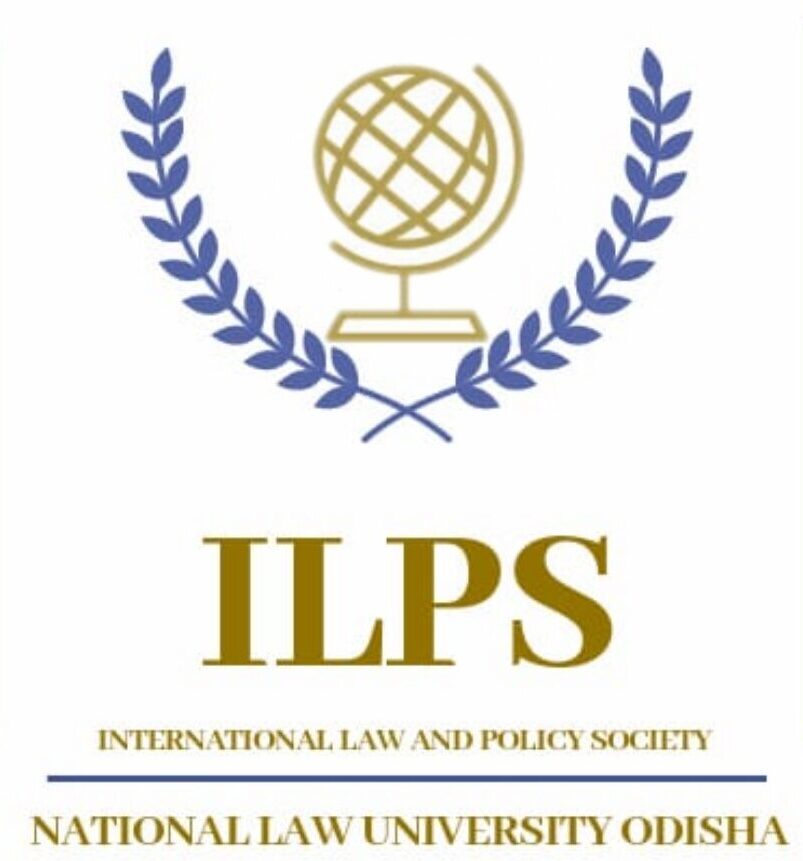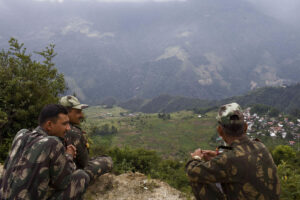While free speech has always been under attack in Iraq, a sudden rise in the violation of the right occurred during the anti-government protests that flared up across Central and Southern regions of the State between October 2019 and March 2020. During these protests, the security forces used excessive force against participants, which resulted in the death of over 500 individuals and injured around 24,000. The protests finally ended due to the Covid-19 outbreak and the Government’s subsequent measures to reduce the transmission of the virus.
As documented by the Human Rights Watch in its report – “‘We Might Call You in at Any Time’: Free Speech Under Threat in Iraq”, the protests witnessed several journalists and activists suffering attacks from Iraqi authorities, ranging from mere threats to arrests and criminal charges, for things they said or wrote criticising the Government. These protests also observed authorities shutting down several television and radio stations to suppress dissent.
The Iraqi authorities were able to commit such egregious acts due to the existence of a range of bad laws, which are routinely used to violate the rights of critics to free speech. Being a party to the International Covenant on Civil and Political Rights (‘ICCPR’), Iraq is obligated to protect the freedom of expression of its people and, therefore, will have to enact reforms to these laws and bring them in line with international standards.
This article will first analyse the issues with the existing Iraqi laws. It will then conclude by suggesting possible solutions to the Government of Iraq, which would help safeguard free speech in the State.
Issue 1: Criminalisation of defamation and insults
The first issue concerning the Iraqi laws on free speech is the criminalisation of defamation and insults. The Iraqi Penal Code of 1969 includes several provisions that criminalise libel, slander and insults. For example, Article 225 and 226 of the Code allows imprisonment as a punishment for insulting the President of the State, the national assembly, the Government, the armed forces and the courts. Moreover, Article 202 criminalises insults against the national flag and the State’s emblem.
Such provisions are inconsistent with Article 19 of the ICCPR. The United Nations Human Rights Committee (‘HRC’), a body of experts that monitors State compliance with the ICCPR, in its General Comment No. 34 on the right to freedom of expression, articulated that State parties are required to consider the decriminalisation of defamation. It further stated that the application of criminal laws is only permitted in the most serious of cases.
The HRC in the General Comment also disapproved laws that criminalised insulting the head of State or national symbols. While doing so, it referred to its decision of Bodrozic v. Serbia and Montenegro and stated that “in circumstances of public debate concerning public figures in the political domain and public institutions, the value placed by the Covenant upon uninhibited expression is particularly high”. This position of law mirrors the report of the former UN Special Rapporteur on freedom of opinion and expression, Mr Abid Hussein, where he argued against the enactment of criminal laws that could be used to prevent the criticism of the Government.
Besides criminal sanctions, one should also note that the criminal process in itself can act as a deterrent to free speech. The authorities can and have repeatedly brought legal suits against journalists and activists as a method of intimidation. Such an act creates a chilling effect on free speech and is therefore considered violative of international law.
Issue 2: Existence of vaguely worded laws
The second issue with these laws is that they are vaguely worded. The European Court of Human Rights (‘ECtHR’), in its decision of Sunday Times v. the United Kingdom, stated that laws are required to be formulated with sufficient precision to enable citizens to regulate their conduct. Iraqi laws fail to satisfy this standard. For instance, the Iraqi Penal Code (‘Penal Code’) does not clearly define terms such as “libel” and “insult”. Moreover, the Penal Code in Articles 208(1), 212, 213, 214 and 221, criminalises incitement in several forms (such as incitement to violence and commission of a crime) without further providing information that would allow people to determine what behaviour is, in fact, criminalised. Due to the vagueness of the terms and the lack of clear definitions, these provisions are frequently used to criminalise lawful critiques and dissidents.
Issue 3: Existence of unnecessary and disproportionate laws
The third issue is that these laws are unnecessary and disproportionate. Although the right to freedom of expression is not absolute, the HRC in Gauthier v Canada stated that any restriction on the right must be necessary in a democratic society and proportionate to the legitimate aim being pursued. Several provisions of the Penal Code impose harsh punishments that are needless and excessive. For example, Article 212 criminalises inciting “by any means of publication” the commission of a crime which endangers public order even “if such incitement has no effect”. Moreover, the provision does not state a specific period of detention or imprisonment that an individual can be subjected to, thereby granting unfettered discretion to the authorities to impose disproportionate penalties on the accused.
The Penal Code is not the only law that imposes excessive restrictions on free speech. In May 2019, the Communications and Media Commission (‘CMC’), Iraq’s regulatory body for broadcasting and telecommunications, issued mandatory guidelines known as “Media Broadcasting Rules”, which have been used to restrict the freedom of the press to an extent where media is only allowed pro-government coverage. For instance, during the protests, the CMC ordered the shutdown of eight television broadcasters and four radio stations for three months for allegedly violating the media licencing rules as enshrined in the guidelines. Further, the CMC, in April 2020, used these guidelines to suspend Reuters’ licence for three months and to impose a fine of 25 million IQD on the company for merely publishing an article that stated that the number of confirmed Covid-19 cases in the State was much higher than what was reported by the Government. The suspension, however, was later lifted by the authorities.
The CMC’s actions mentioned above are invalid under international law . This is because the freedom of the press is essential to ensure free speech, and any arbitrary and excessive restriction on the same would, in turn, result in a restriction on the enjoyment of the freedom of expression. The HRC affirmed this position of law in its decision of Marques v. Angola, where it recognised that a free, uncensored and unhindered press constitutes one of the cornerstones of democracy.
Another tool that could potentially be used to stifle free speech in Iraq is the Information Technology Crimes Bill of 2019. The draft law, which was last discussed by the lawmakers of the State in November 2020, contains several vague and imprecise articles that punish acts that could fall under the right to free speech, with excessive punishments such as life imprisonment and hefty fines. Bearing in mind the vagueness of the provisions and the severity of the punishment for violations, if the bill were to become law, the authorities could use it to punish any expression which, according to them, would constitute a threat to the religious, social or political interest of the State. This would be incompatible with the ICCPR.
Recommendations to the Government and concluding remarks
To avoid violations of the right of citizens to free speech:
- The Government should first remove the crimes of insult and defamation under the Penal Code and categorise them as civil offences.
- The Government must also ensure that the civil laws are drafted with precision to help individuals identify the prohibited conduct.
- Pending such legislative amendments, the Government must suspend the enforcement of all provisions of the Penal Code and any other law or regulation that has the effect of violating international standards of free speech.
- The Government must also consider repealing the Media Broadcasting Rules and prevent the enactment of the Information Technology Crimes Bill.
The author believes that free speech’s deplorable situation in Iraq presents a unique opportunity to the newly formed Government to protect and promote this inherent right by rewriting the State’s rule of law. Considering Prime Minister Mustafa Al-Kadhimi’s willingness to tackle some of Iraq’s most serious human rights issues, Iraqi citizens may finally witness the flourishing of free speech in their State.
This article is written by Omkar Hemanth



